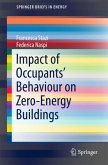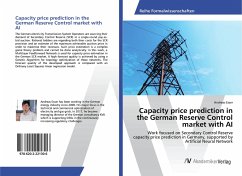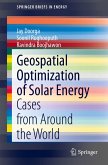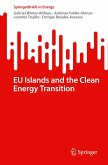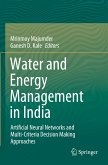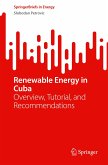This book explains how energy demand and energy consumption in new buildings can be predicted and how these aspects and the resulting CO2 emissions can be reduced. It is based upon the authors' extensive research into the design and energy optimization of office buildings in Chile.
The authors first introduce a calculation procedure that can be used for the optimization of energy parameters in office buildings, and to predict how a changing climate may affect energy demand. The prediction of energy demand, consumption and CO2 emissions is demonstrated by solving simple equations using the example of Chilean buildings, and the findings are subsequently applied to buildings around the globe.
An optimization process based on Artificial Neural Networks is discussed in detail, which predicts heating and cooling energy demands, energy consumption and CO2 emissions. Taken together, these processes will show readers how to reduce energy demand, consumption and CO2 emissions associated with office buildings in the future. Readers will gain an advanced understanding of energy use in buildings and how it can be reduced.
The authors first introduce a calculation procedure that can be used for the optimization of energy parameters in office buildings, and to predict how a changing climate may affect energy demand. The prediction of energy demand, consumption and CO2 emissions is demonstrated by solving simple equations using the example of Chilean buildings, and the findings are subsequently applied to buildings around the globe.
An optimization process based on Artificial Neural Networks is discussed in detail, which predicts heating and cooling energy demands, energy consumption and CO2 emissions. Taken together, these processes will show readers how to reduce energy demand, consumption and CO2 emissions associated with office buildings in the future. Readers will gain an advanced understanding of energy use in buildings and how it can be reduced.


